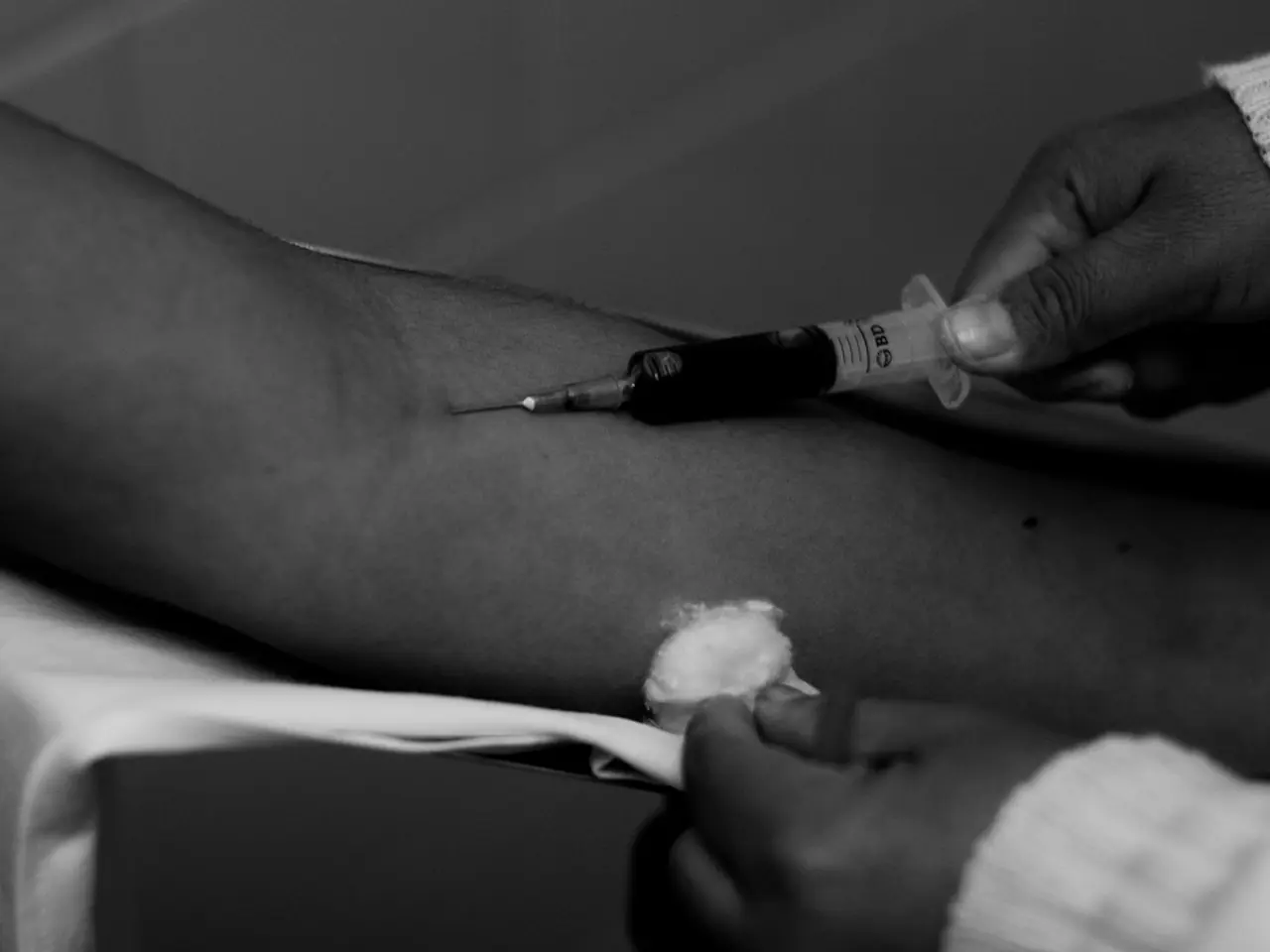DNV granted designation as a certifying body for compliance under IVDR regulations
In the ever-evolving landscape of medical device regulation, DNV, one of the top 5 notified bodies for medical device certification, has introduced a fully digital certification process for In Vitro Diagnostic (IVD) devices. This innovative approach aims to streamline the compliance process, reduce risks, and help manufacturers get to market faster.
The European Union's In Vitro Diagnostic Regulation (IVDR) (Regulation (EU) 2017/746) has introduced significant changes for IVD device manufacturers. These changes are designed to create a more robust, transparent, and sustainable regulatory framework to ensure patient safety and device reliability while aligning with technological advances in the sector.
Key changes under the IVDR include expanded clinical evidence and technical documentation requirements, more stringent post-market surveillance, risk-based classification changes, increased regulatory oversight by Notified Bodies, and clear definition and justification of device intended purpose.
Manufacturers must be prepared for comprehensive clinical and performance data generation, enhanced technical documentation requirements, increased regulatory oversight, post-market surveillance and vigilance obligations, clear definition and justification of device intended purpose, and compliance with new classification rules affecting conformity assessment paths. Failure to comply risks loss of market access in the EU.
DNV's digital platform provides a secure means for manufacturers to manage their certification documents and track compliance status in real time. This platform allows for real-time tracking of compliance status, ensuring manufacturers are always up-to-date with the latest regulatory requirements.
Cecilie Gudesen Torp, Global Director of Medical Services, Supply Chain & Product Assurance at DNV, has stated, "DNV is eager to collaborate with manufacturers of all classes of IVD devices to facilitate their access to the EU market."
Under the IVDR, Class D devices require certification from May 2025, Class C devices from May 2026, and Class B devices from May 2027. DNV has been recognized by the European Commission as a notified body for the certification of devices under the European Union's In Vitro Diagnostic Regulation (IVDR).
In vitro diagnostics (IVDs) are tests used to determine a person's health status. The safety and effectiveness of such devices are crucial to public and personal health. DNV's fully digital certification process allows manufacturers to manage certification documents online and track compliance status in real time via a secure digital platform.
The EU introduced the IVDR in 2017, replacing its previous In Vitro Diagnostic Directive 98/79/EC (IVDD). DNV's global team of auditors, technical assessors, and clinicians are well-positioned to deliver efficient certification with uncompromising reliability. DNV offers device manufacturers a fully digital process for faster, more transparent device certification, and extensive expertise and technical competence in IVD device certification.
In a world where speed and efficiency are paramount, DNV's digital certification process offers a solution that ensures compliance with the IVDR while maintaining the integrity and reliability that the medical device industry demands.
- The digital certification process introduced by DNV for In Vitro Diagnostic (IVD) devices aligns with the scientific advancements in the sector, aiming to facilitate a more efficient and robust regulatory compliance for medical-conditions related devices in the health-and-wellness arena.
- In the health-and-wellness sector, where medical devices such as In Vitro Diagnostic (IVD) tests play a crucial role in determining people's health status, DNV's digital platform for device certification ensures science-based and reliable compliance with the European Union's regulations, helping manufacturers maintain market access while ensuring medical device safety and effectiveness.




